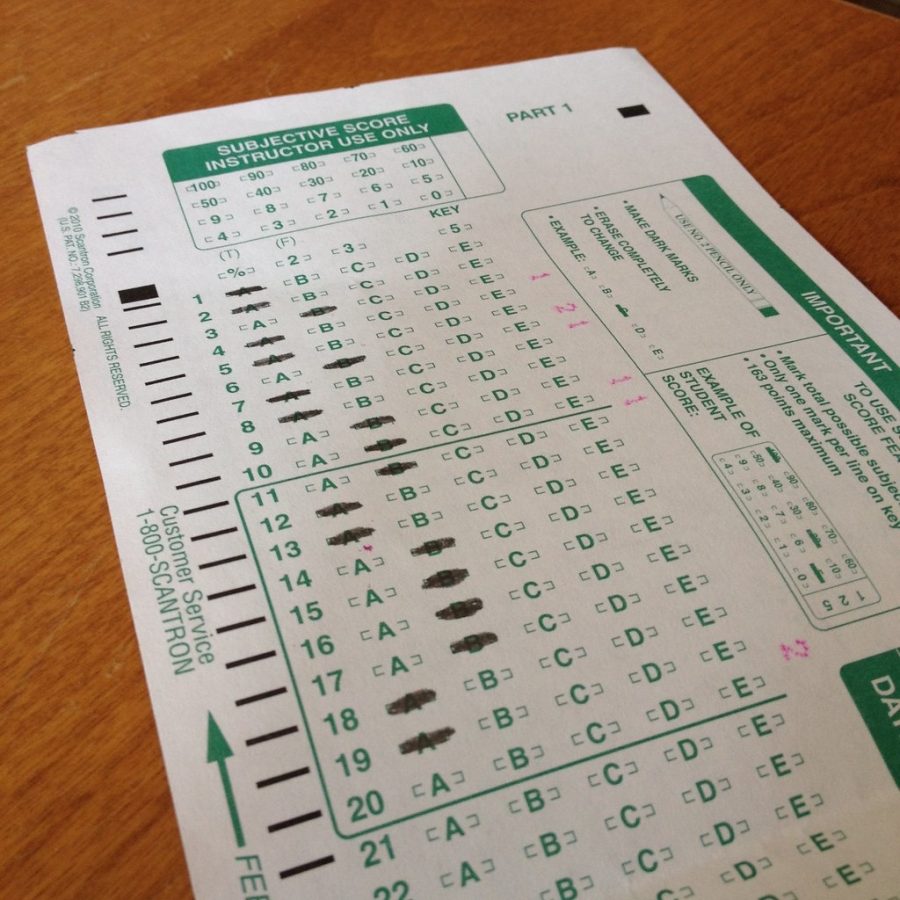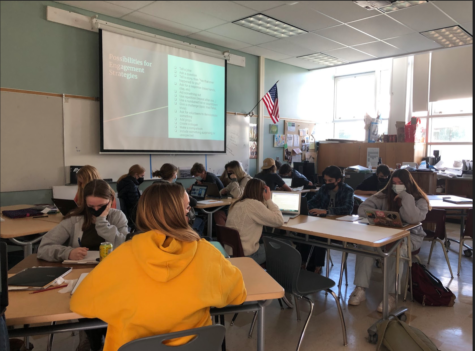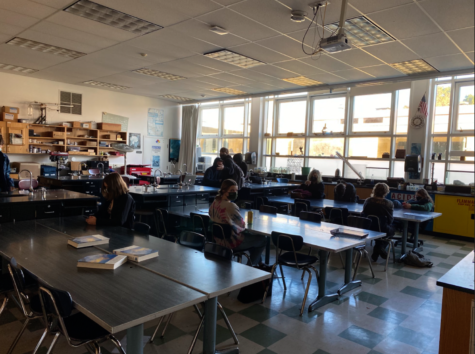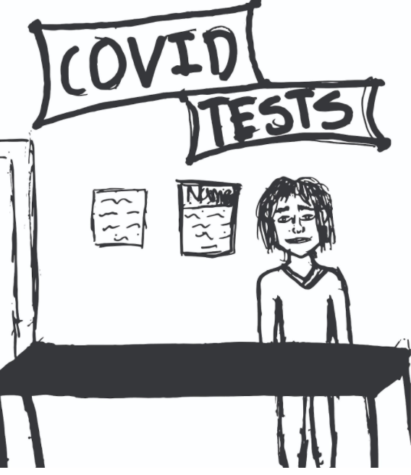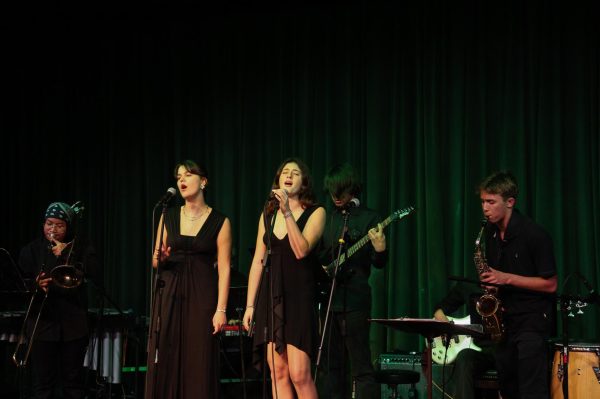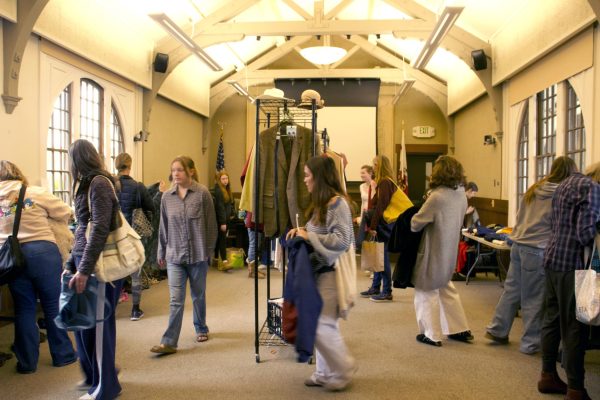College Board releases new AP testing policy
With schools across California closed due to the coronavirus pandemic, Advanced Placement (AP) Exams have transferred to 45 minute online tests. The College Board is basing the new exam material on what most schools could reach by early March.
Senior Vice President of the AP Program Trevor Packer hosted a video call to outline information regarding the individual online exams on Thursday, Apr. 2. Students will take the tests through a secure browser where plagiarism can be detected. AP Students will start and finish the test on the same device but can upload written work to the testing device.
The recording of Packer’s video and the revised exam rubrics are releasing Friday, Apr. 3.
Packer explained how World Language exams would have 2 Free Response Questions (FRQ) and an audio response component. AP English Language and Composition will have a rhetorical analysis FRQ with multiple prompts available. AP English Literature and Composition will have one FRQ focused on prose fiction analysis.
AP US History’s Document Based Essay (DBQ) is reducing their document count from 7 to 5, and the AP Biology exam will have FRQ #1 and #4. The AB Calculus will not be super scoring on their exams, and the BC students will take a seperate test. If BC students wish to take the AB exam, they can do so with an AP Coordinator.
Both Calculus exams will be held on May 12 at 11 a.m, with AP Lit testing at the same time the following day. Spanish Lit is on May 14 at 9 a.m, and the Spanish language test is on May 21 at 1 p.m. AP Art History, US History, and Computer Science exams are all on May 15; testing at 9 a.m., 11 a.m., and 1 p.m respectively.
The AP Environmental Science test is on May 18 at 1 p.m, and the statistics exam is on May 22 at 11 a.m. AP microeconomics is testing on May 20, and macroeconomics is on May 21, with both tests opening at 1 p.m. Jun. 1-5 are makeup dates for all tests.
Students with learning accommodations will automatically receive extended test times; a 25-minute segment would become 5o minutes, for example. Teachers will also get a copy of their students’ exams to see if it is consistent with their progress throughout the year. Face to face scoring will not be happening, as it’s too dangerous at the moment.
Packer ended his video by appreciating the work teachers and students have put in this year and urges teachers to continue supporting their students during these difficult times.


